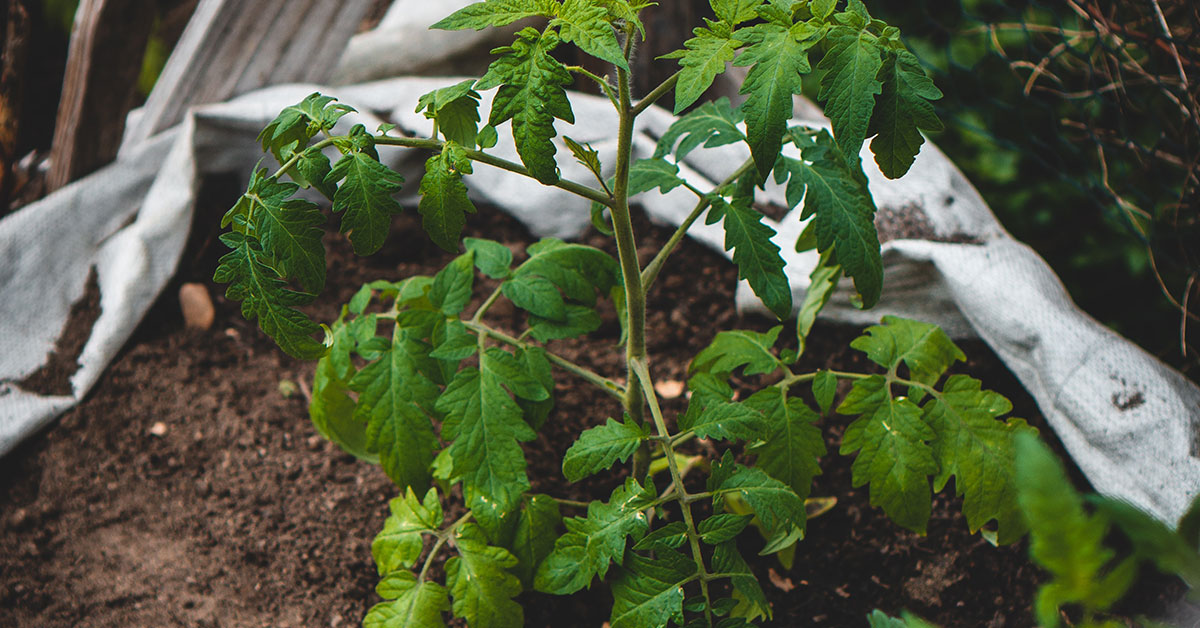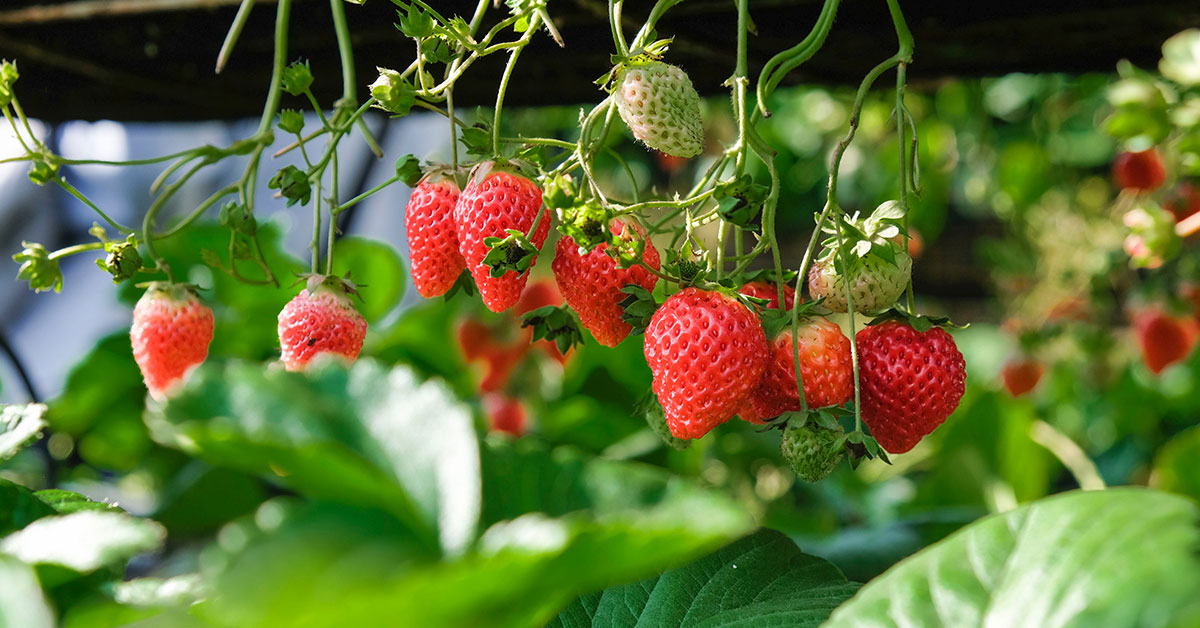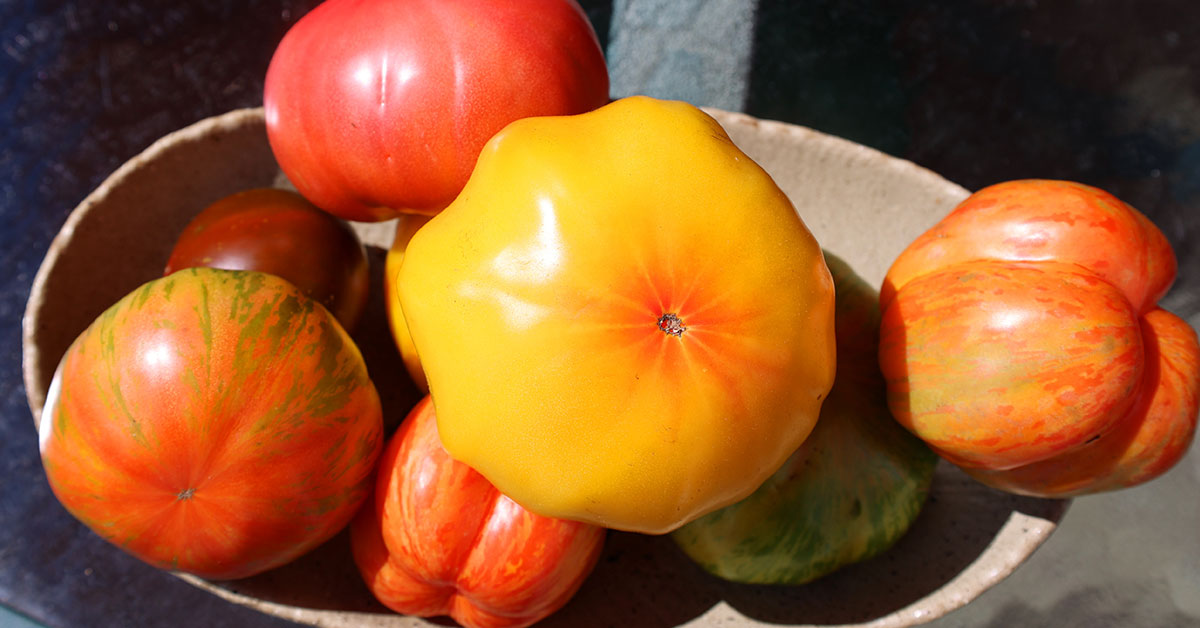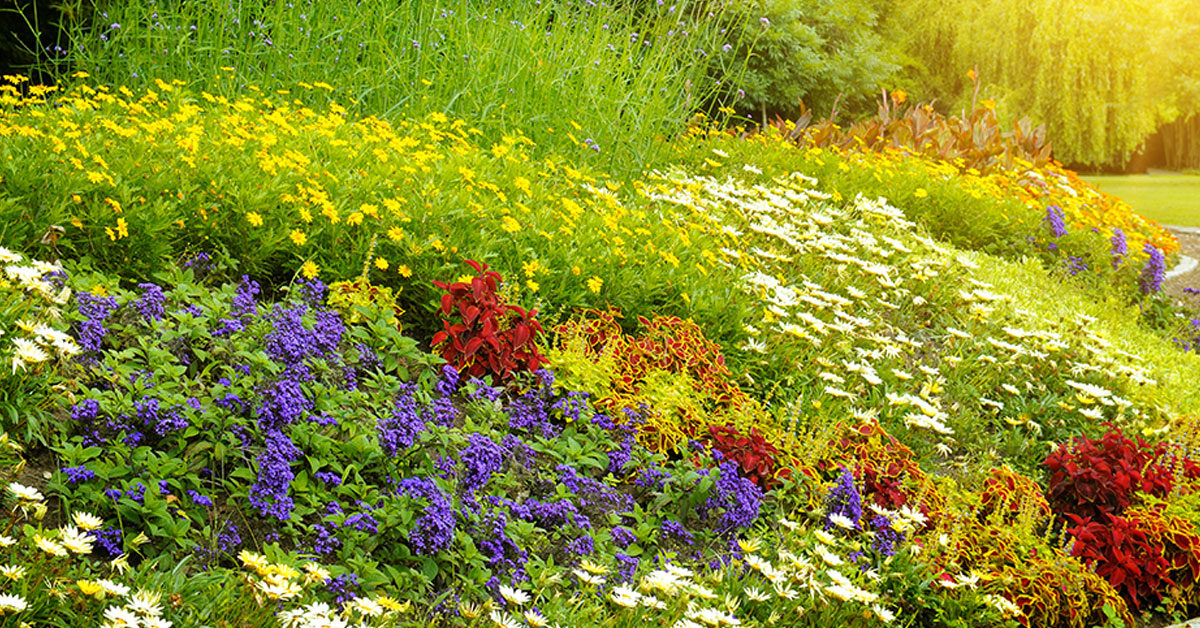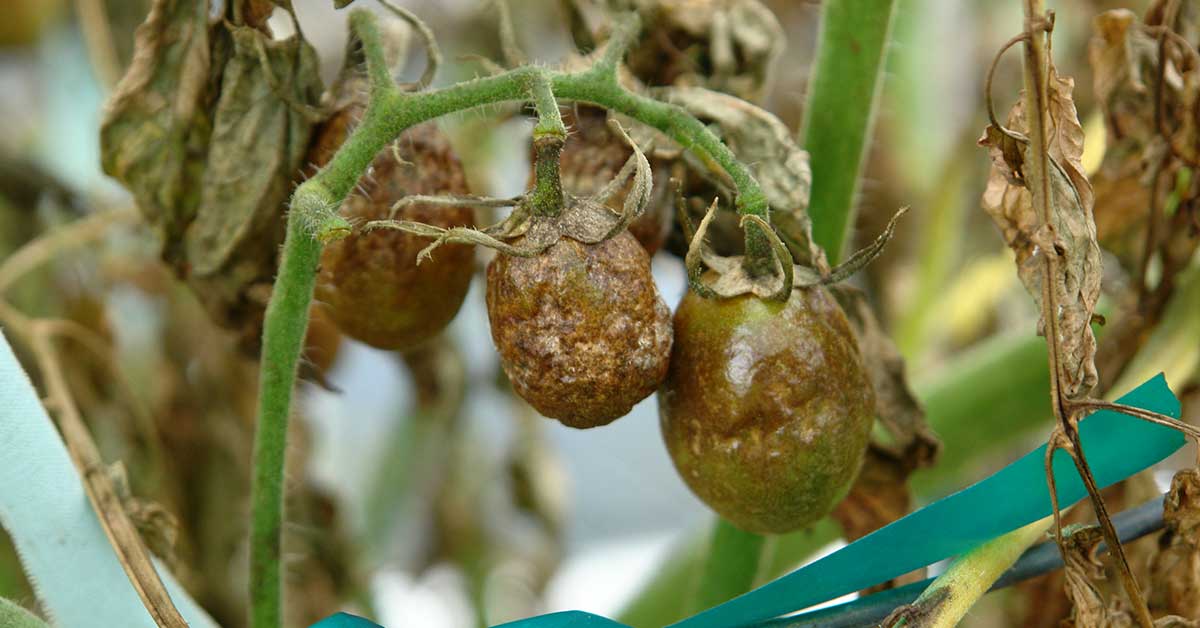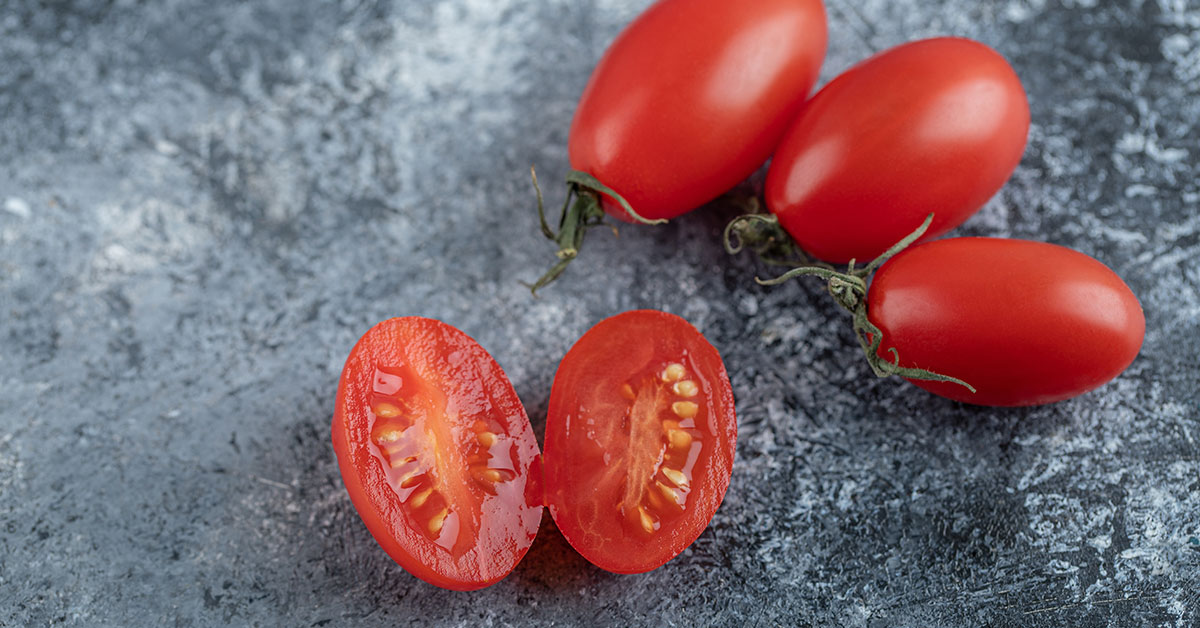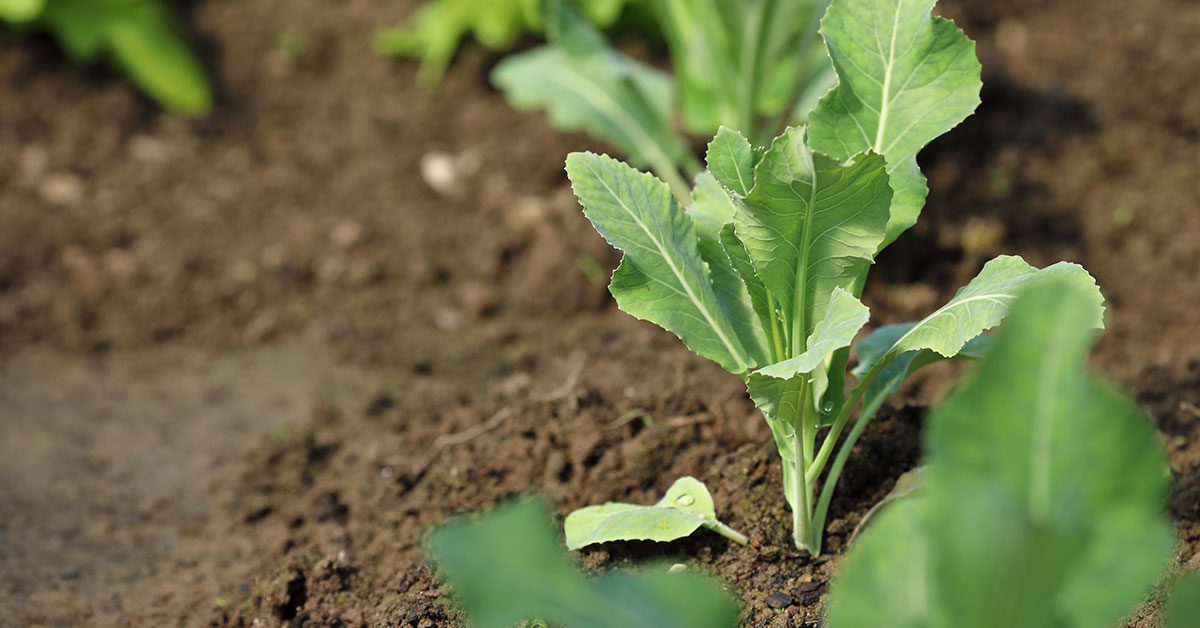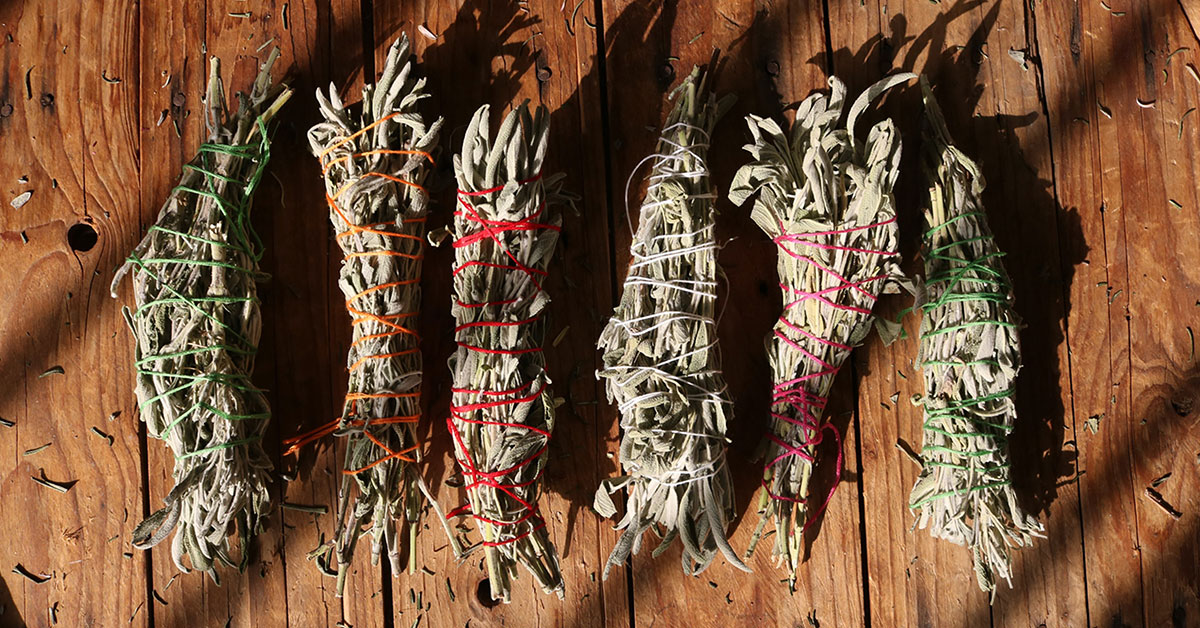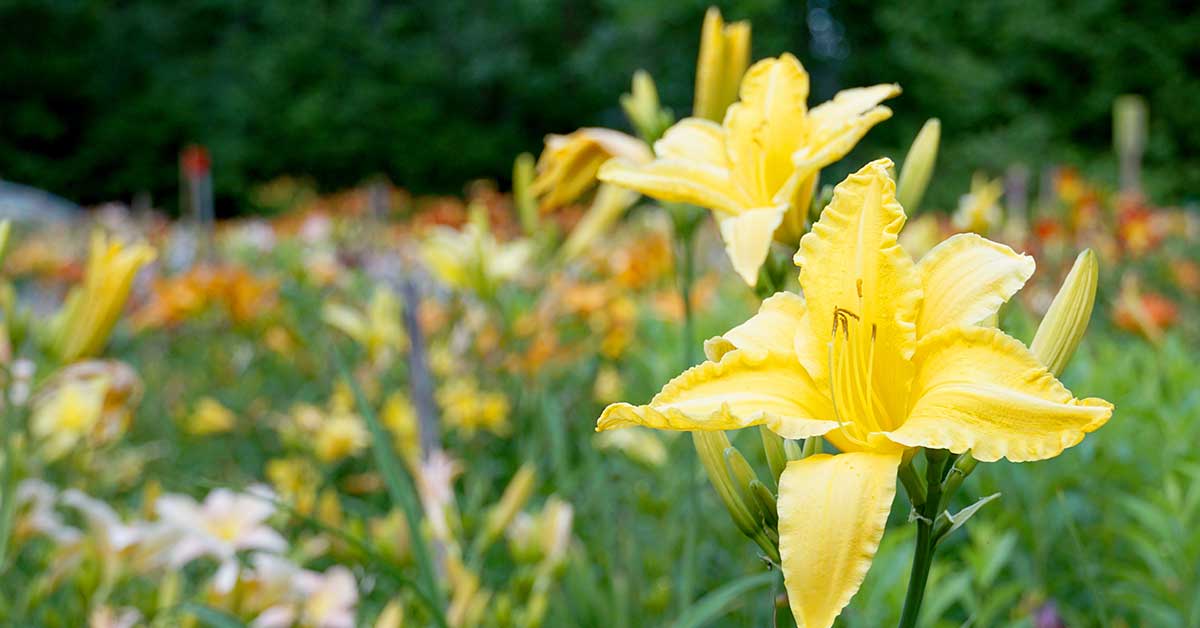As a gardener, few things are as disappointing as putting in time and effort only to end up with a poor harvest. Whether you’re a seasoned gardener or a newbie, it’s easy to make mistakes that can negatively impact your vegetable garden. Understanding these common pitfalls and learning how to avoid or fix them can make a significant difference in the success of your gardening endeavors.
In this article, we’ll explore 10 common mistakes that can lead to poor harvests in your vegetable garden. From incorrect watering practices to neglecting soil health, each mistake can hinder your plants’ growth and productivity. Let’s dive into these issues and discover how to ensure a bountiful harvest.
Overwatering
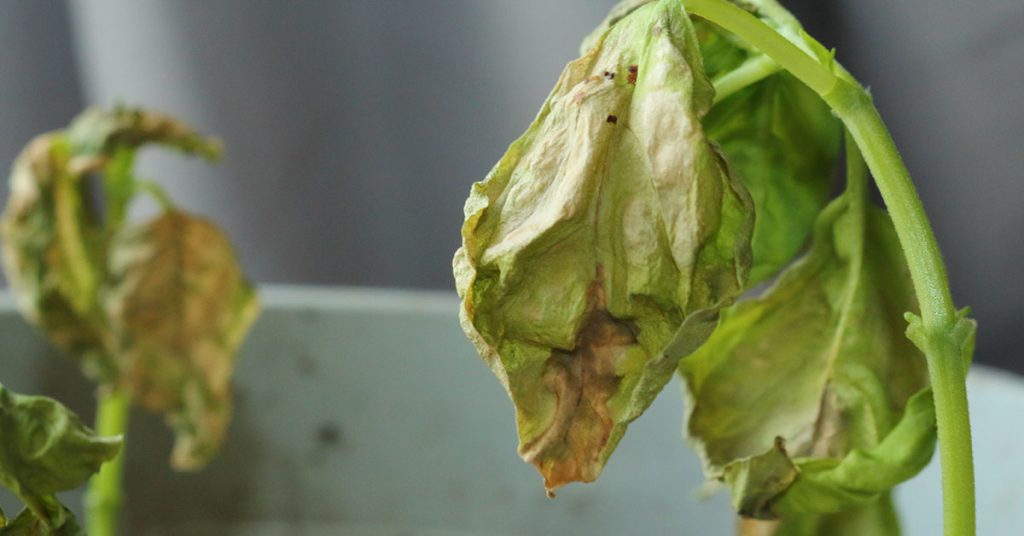
One of the most common mistakes gardeners make is overwatering their vegetable plants. While it’s essential to provide adequate moisture, too much water can drown the roots, depriving them of the oxygen they need to thrive. Overwatering can also lead to root rot and other fungal diseases, which can severely damage or kill your plants.
To avoid overwatering, check the soil moisture before watering. Stick your finger about an inch into the soil; if it feels moist, you can hold off on watering. Ensure your garden has good drainage, and consider using mulch to retain moisture while preventing water from accumulating on the surface. Proper watering techniques will keep your plants healthy and productive.
Underwatering
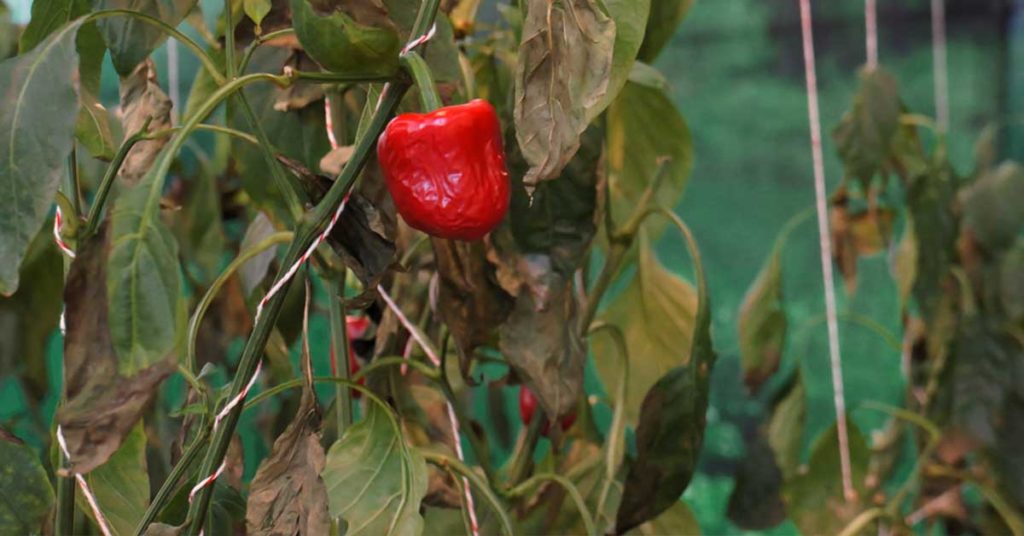
On the flip side, underwatering is equally detrimental to your vegetable garden. Without enough water, plants become stressed, which stunts their growth and reduces their yield. Vegetables like tomatoes and cucumbers are particularly sensitive to inconsistent watering, leading to issues like blossom end rot and bitter-tasting produce.
To prevent underwatering, establish a regular watering schedule, especially during hot and dry periods. Deep watering is more effective than frequent, shallow watering, as it encourages roots to grow deeper and become more resilient. Use a soaker hose or drip irrigation system to deliver water directly to the soil, minimizing evaporation and ensuring that your plants receive adequate hydration.
Poor Soil Quality
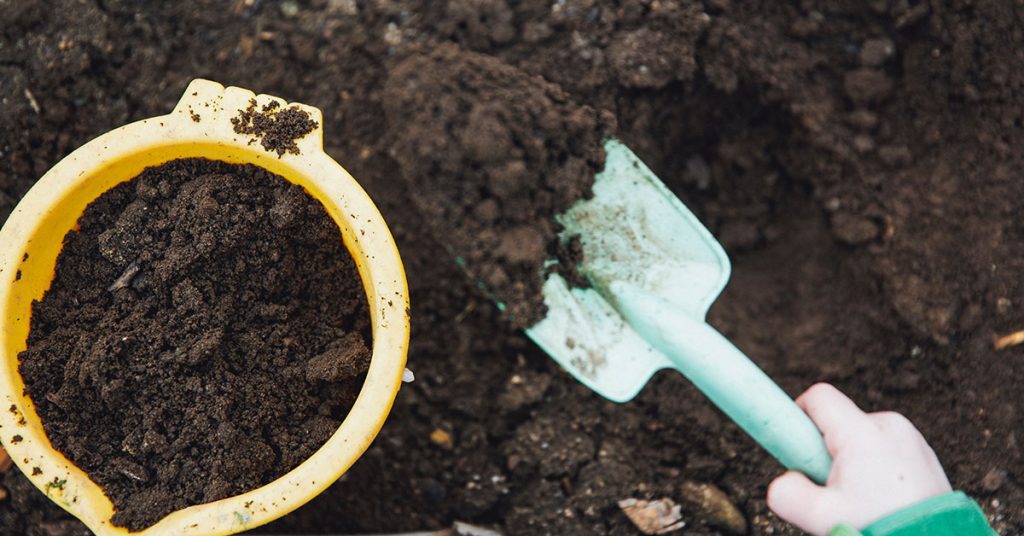
Soil quality is the foundation of a successful vegetable garden, and poor soil can lead to weak plants and low yields. Compacted soil, low fertility, and poor drainage can all contribute to poor plant growth. Additionally, soil that is too acidic or alkaline can hinder nutrient uptake, causing deficiencies.
To improve soil quality, regularly add organic matter such as compost, well-rotted manure, or leaf mold to enhance fertility and structure. Conduct a soil test to determine its pH and nutrient levels, and amend it as needed to create an optimal growing environment. Healthy soil supports robust plant growth and bountiful harvests.
Improper Spacing
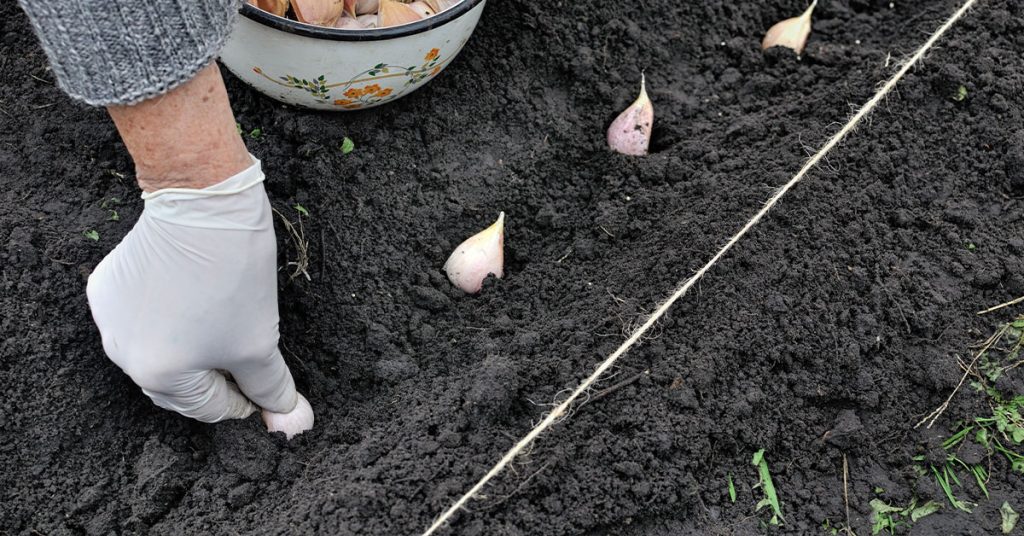
Planting vegetables too closely together is a common mistake that can lead to poor air circulation, increased disease risk, and competition for nutrients and water. Crowded plants are more susceptible to fungal infections and pests, which can significantly impact your harvest.
To avoid this, follow the recommended spacing guidelines for each vegetable. Proper spacing allows for better air circulation, reduces the risk of disease, and ensures that each plant has enough room to grow and access the necessary resources. Planning your garden layout with adequate spacing will result in healthier plants and better yields.
Ignoring Pest Problems
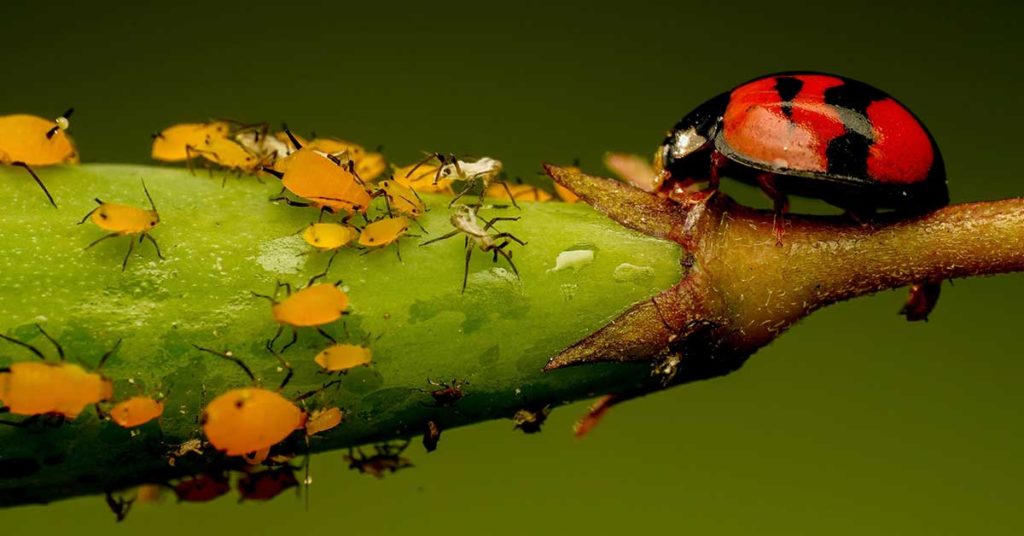
Pests can quickly become a significant issue in vegetable gardens, causing extensive damage if left unchecked. Common pests such as aphids, caterpillars, and beetles can defoliate plants, spread diseases, and ruin your harvest. Ignoring pest problems or delaying action can lead to a severe infestation that is harder to control.
To manage pests effectively, regularly inspect your plants for signs of damage or infestation. Use organic pest control methods such as handpicking, insecticidal soaps, or introducing beneficial insects like ladybugs and lacewings. Maintaining a healthy garden ecosystem helps keep pest populations in check and protects your crops.
Neglecting Crop Rotation
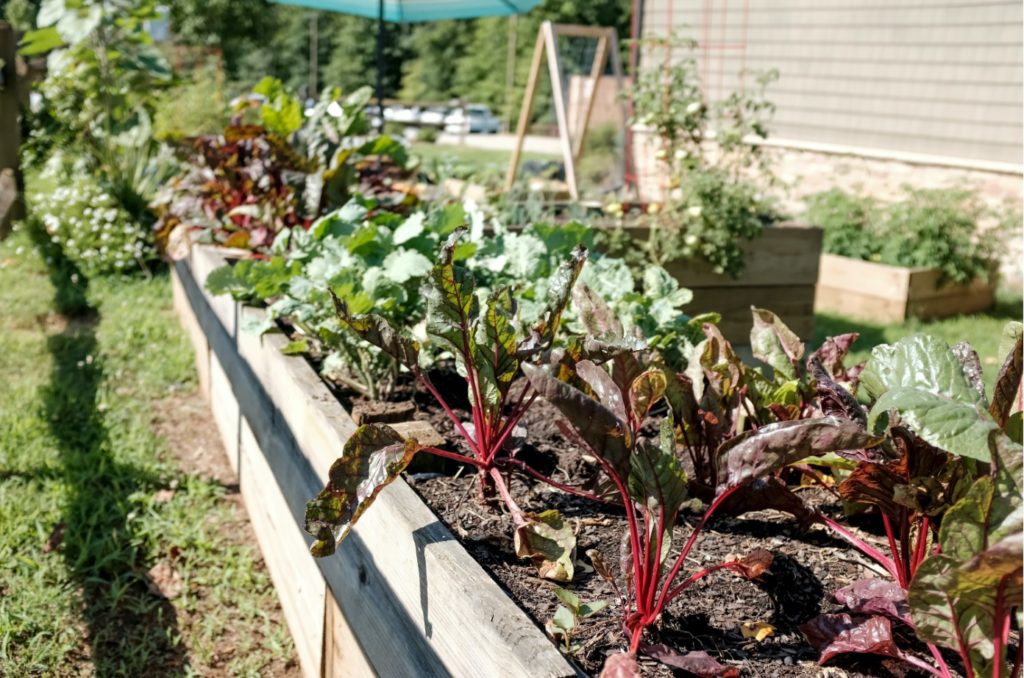
Planting the same crops in the same location year after year can deplete soil nutrients and increase the risk of soil-borne diseases and pests. Neglecting crop rotation is a common mistake that can lead to poor soil health and lower yields.
Implement a crop rotation plan to break the cycle of pests and diseases and maintain soil fertility. Rotate plant families so that different nutrients are used, and pests do not become established in one area. Crop rotation promotes a healthier garden and more productive plants.
Not Mulching
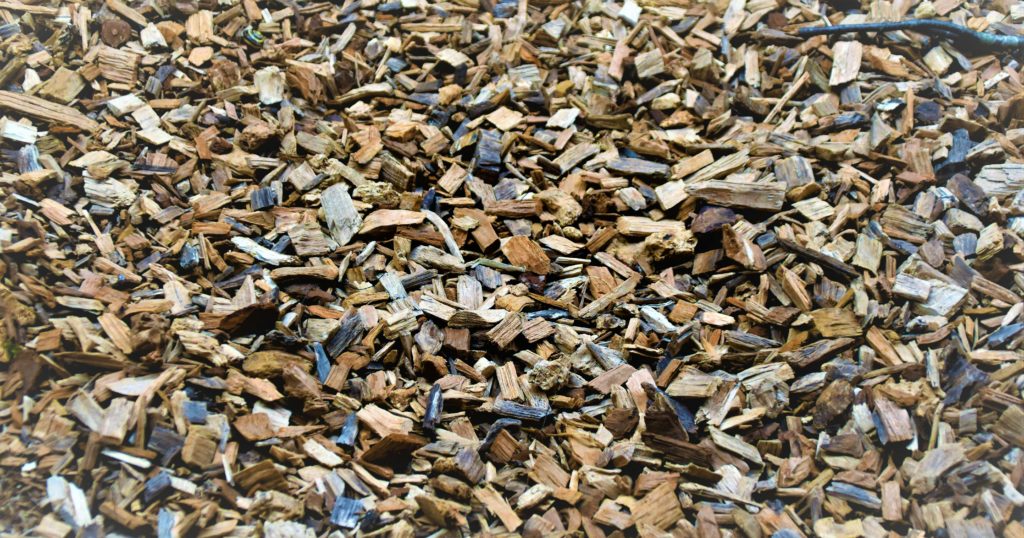
Mulching is an essential practice that many gardeners overlook. Mulch helps retain soil moisture, suppress weeds, and regulate soil temperature. Neglecting to mulch can result in increased weed competition, soil erosion, and moisture loss, all of which can negatively impact your vegetable garden.
Apply a layer of organic mulch, such as straw, wood chips, or shredded leaves, around your plants. Mulching not only conserves moisture and reduces weeds but also adds organic matter to the soil as it decomposes. This practice creates a more favorable environment for your vegetables, leading to healthier plants and better yields.
Planting at the Wrong Time
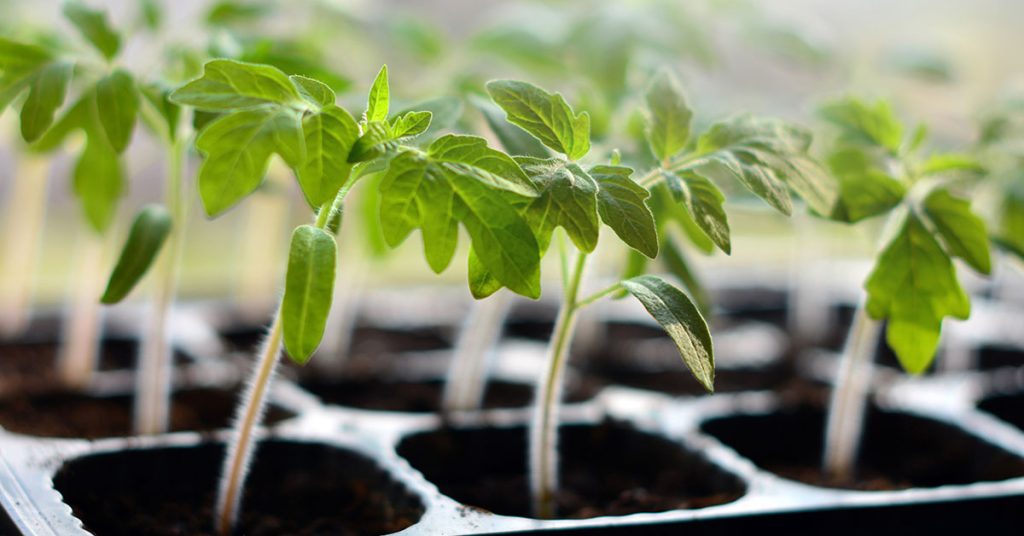
Timing is crucial when planting vegetables, and doing so at the wrong time can lead to poor germination, stunted growth, and low yields. Planting too early in the spring can expose seedlings to frost, while planting too late can result in insufficient time for crops to mature before the first frost in the fall.
To avoid this mistake, follow the recommended planting dates for your region. Pay attention to the last frost date in the spring and the first frost date in the fall. Use succession planting to extend your harvest season and make the most of your growing space. Proper timing ensures that your plants have the best conditions to thrive and produce abundantly.
Failing to Fertilize
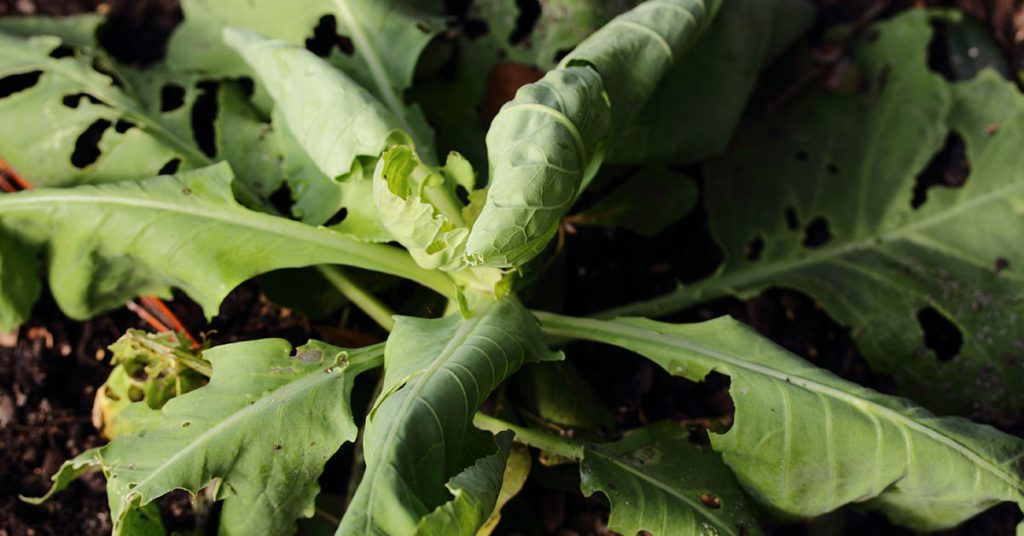
Vegetables are heavy feeders and require a steady supply of nutrients to grow and produce well. Failing to fertilize or relying solely on poor-quality soil can lead to nutrient deficiencies, weak plants, and low yields. Over-fertilizing, on the other hand, can cause excessive foliage growth at the expense of fruit production.
To avoid these issues, use a balanced fertilizer tailored to the needs of your crops. Incorporate compost or well-rotted manure into the soil before planting, and apply additional fertilizers as needed throughout the growing season. Regular feeding supports healthy plant growth and maximizes your harvest.
Overlooking Pruning and Maintenance
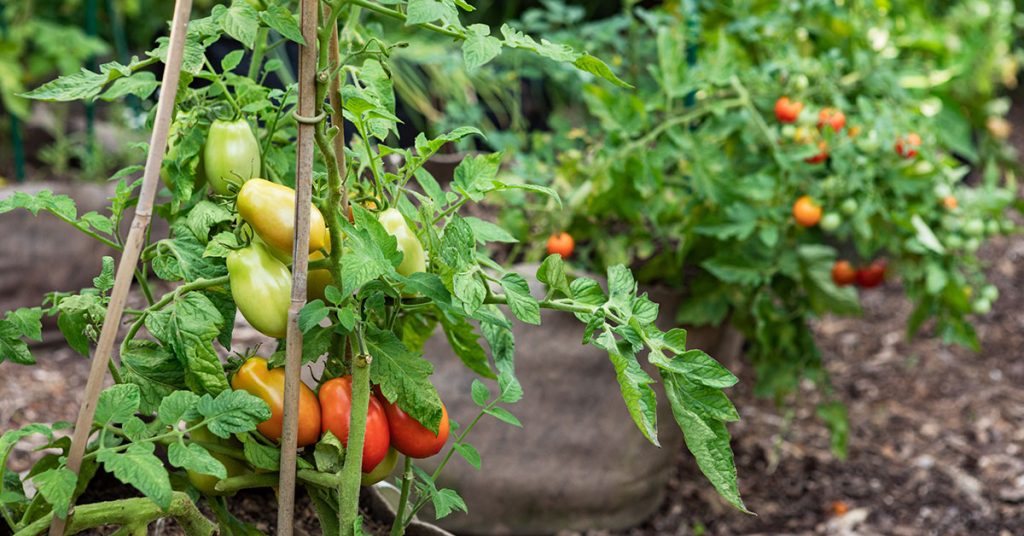
Regular maintenance, including pruning, is essential for a healthy and productive vegetable garden. Overlooking these tasks can lead to overgrown plants, poor air circulation, and increased disease pressure. For example, tomatoes benefit from regular pruning to remove suckers and improve air circulation, which helps prevent diseases like blight.
Stay on top of garden maintenance by setting aside time each week to inspect and care for your plants. Prune as needed, remove dead or diseased foliage, and stake or trellis plants to keep them upright and supported. Consistent maintenance ensures that your plants remain healthy and productive throughout the growing season.
Avoiding these common mistakes can make a significant difference in the success of your vegetable garden. By understanding the pitfalls and taking proactive steps to address them, you can enjoy a bountiful harvest and the satisfaction of growing your own fresh, healthy produce.
